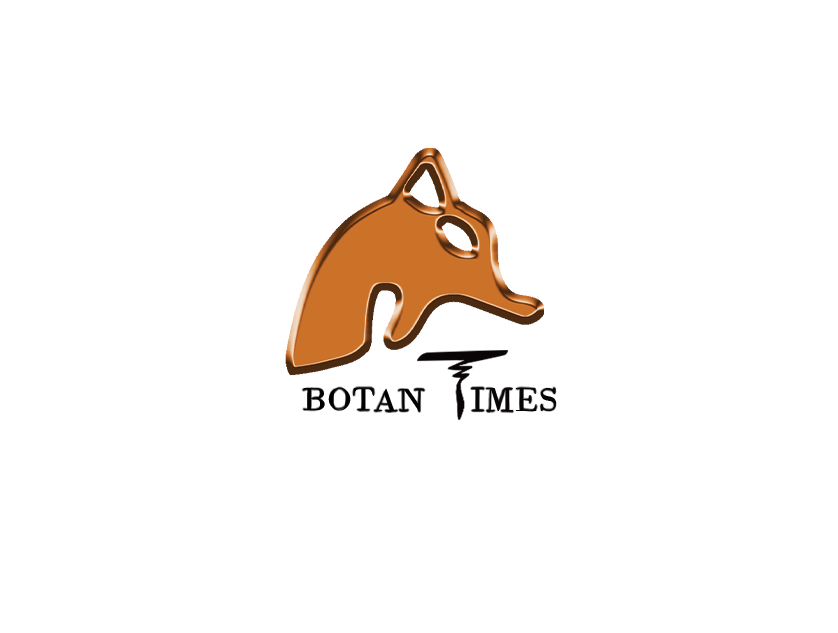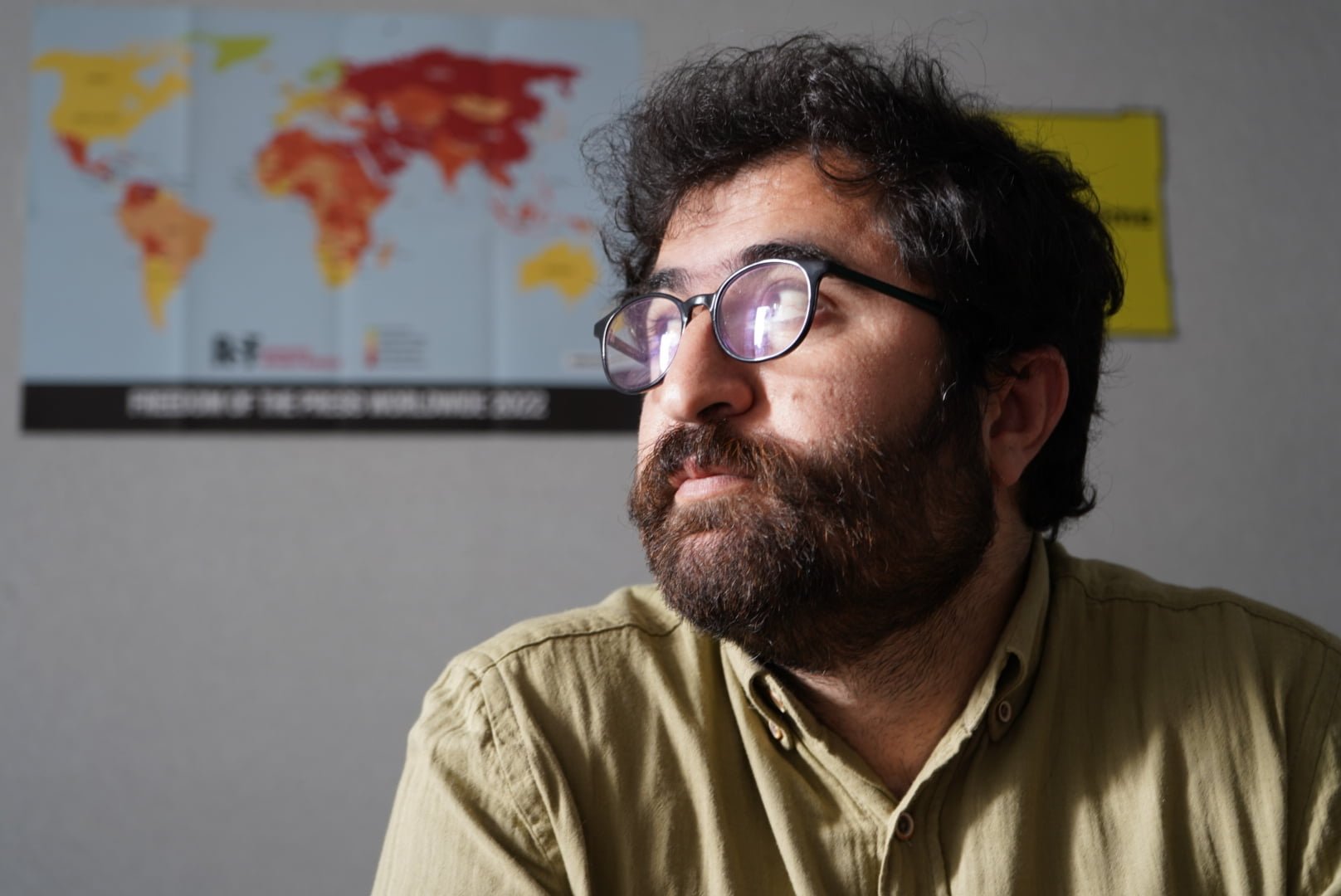
During the election process, 2,071 newspapers are published in Turkey, and only 1 is Kurdish


- 16 Ocak 2023 11:45

The opposition and pro-government media have increased the number of their publications on the Turkish presidential election.
There are still very limited resources for Kurdish media followers. The number of Kurdish citizens is estimated to be 20-25 percent of the population of Turkey. But the percentage of representation in the media is much lower.
According to the Turkish Statistical Institute (TUIK) , there are 2.071 newspapers in Turkey. But there is no daily Kurdish newspaper from this number.

There is only one Kurdish weekly: Xwebun . They also face many obstacles during distribution. The news director of the newspaper, M. Ali Ertaş, is in prison.
There are 2,389 magazines and there is no Kurdish news magazine.
Can the Kurds see the news on television?
According to the data of the Supreme Council of Radio and Televisions (RTUK) of the state:
Number of local television stations: 251
Number of satellite televisions: 148
The number of televisions broadcasting with cable: 78
Number of televisions: 477
Of these 477 televisions, the number of televisions that have a Kurdish news bulletin is only one. It is the state’s TRT Kurdi. The local television Amed Radyo TV also produces some programs on the agenda.
Are the Kurdish websites ready for the elections?
The main language of Kurdish agencies (MA, JinNews) is Turkish. Major Kurdish websites are also in Turkish. Due to the lack of education, Turkish policies, and many other reasons, Kurdish publishers and readers choose Turkish instead of Kurdish.
According to the data of SimilarWeb and Alexa, among Kurdish news sites, the most read site is BotanTimes.

In addition, the readership of this site is lower than that of many local newspapers. The number of permanent employees of the site is 2, 2 people also work on this site in addition to their other jobs.
In the Turkish media, there is a backward movement due to the economic situation, but we can’t even compare it to the Kurdish one.
This news was translated by Yonca Sarsilmaz
NÛÇEYÊN DAWÎYÊ
Îmaj û Rastî18/04/202416:07 Stenbol – Gotûbêjek li ser 126 salîya Rojnamegerîya Kurdî18/04/202415:13 Lîstika Rîuelîstik îro li Festîvala Şanoyê ya Amedê derdikeve pêşberî gel18/04/202414:24 Çawîşê pispor bi tohmeta ku ‘êrişa zayendî’ kirî, hat girtin18/04/202412:02 Giraniya Qenciyê û Dayin û Stendina Dilî18/04/202411:01



